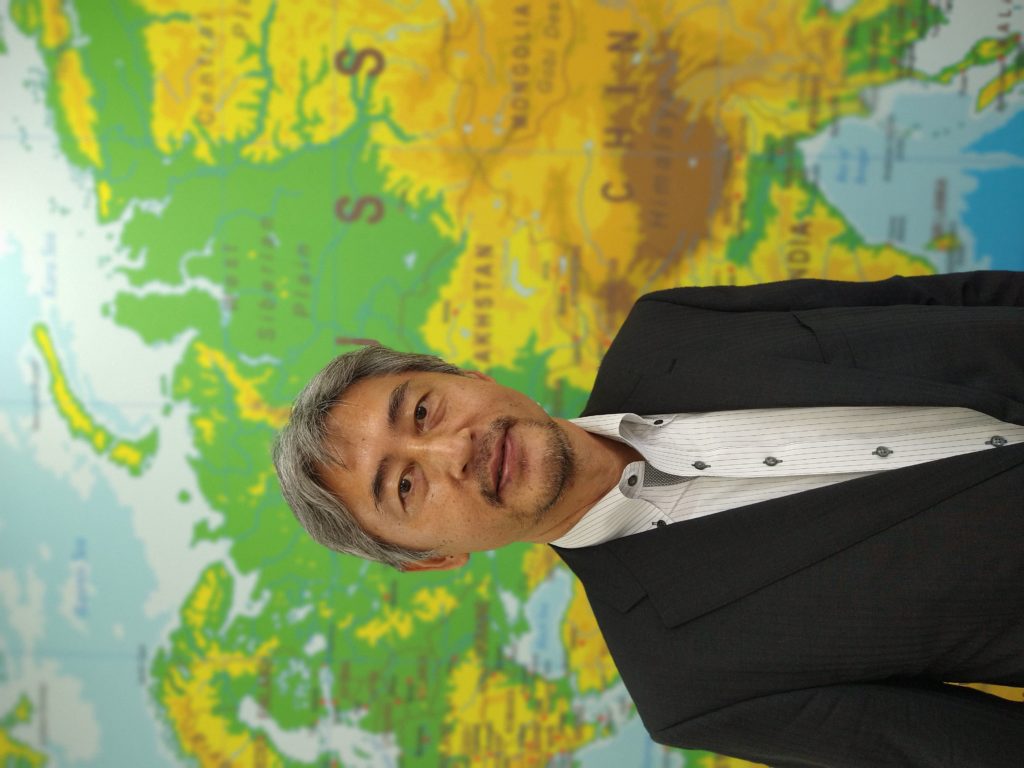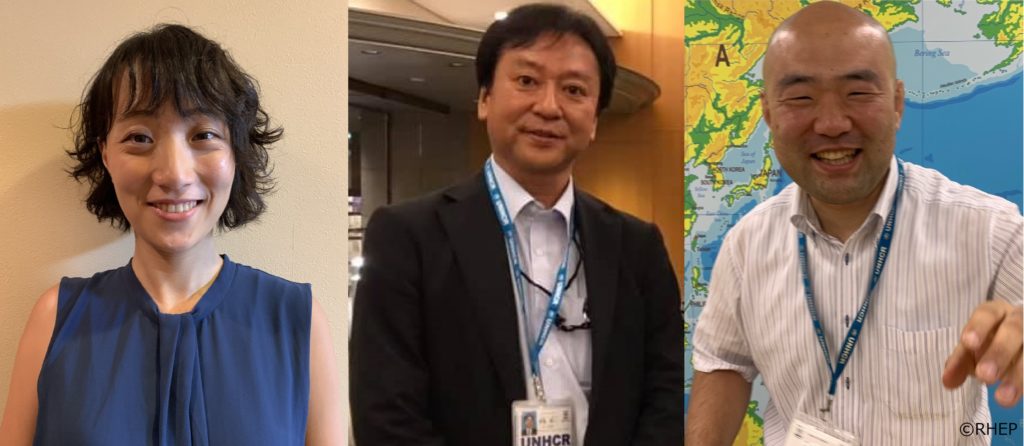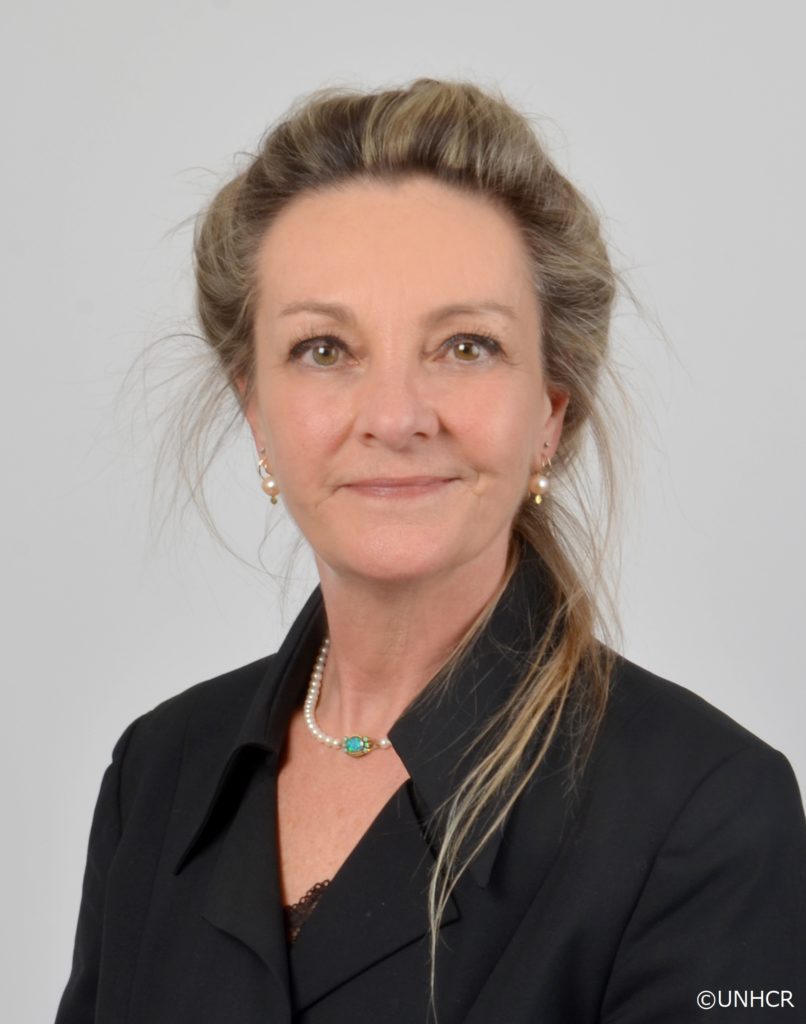Message from UNHCR
In June 2022, UNHCR issued the Global Trends Report with 2021 statistics indicating that about 89.3 million people have been forcibly displaced at the end of 2021.
And it was unfortunately further shared, that the Russian invasion of Ukraine – causing the fastest and one of the largest forced displacement crises since World War II – and other emergencies, from Africa to Afghanistan and beyond, pushed the figure over the dramatic milestone of 100 million.
Among them, 41 % are children below 18 years of age, and about 5% of refugee youths are enrolled in higher education.
UNHCR advocates for education as a basic right in the context of the 1951 Refugee Convention and calls for collective action to ensure inclusive and equitable quality education and promotion of lifelong learning opportunities for all.
This basic right also underpins SDGs4 in the Sustainable Development Goals.
Rising to this call, 14 Japanese universities of the Refugee Higher Education Programme (RHEP) offer scholarships to refugee students who wish to study towards undergraduate and postgraduate degrees, thus providing successful refugee applicants an opportunity for a brighter future.
UNHCR is proud to be a partner in the RHEP programme and is grateful to the participating universities for their vision and commitment to better world.
Since its inception in 2006, almost 90 refugee students have benefitted from this programme, which has afforded them opportunities to acquire new skills and knowledge, to grow in their understanding of the world and to contribute further to Japanese society.
To achieve the ‘15by30 target’ that aims for 15 percent of young refugee women and men to access the benefits of higher, technical and vocational education by the year 2030, UNHCR encourages universities to build on this successful programme, invite new universities to join the RHEP, and expand the number of available scholarships.
We stand ready to support them in this important endeavour.
Karen Farkas, Representative of UNHCR Japan
~~~~~~~~~~~~
 First of all, I would like to thank the 14 partner universities of the Refugee Higher Education Programme (RHEP) for providing access to higher education for refugees in Japan.
First of all, I would like to thank the 14 partner universities of the Refugee Higher Education Programme (RHEP) for providing access to higher education for refugees in Japan.
We have been involved in RHEP since 2016 and have been working with UNHCR Representation in Japan, partner universities and civil societies to provide refugee youths with opportunities for higher education.
The world is now facing a serious refugee crisis that we have never experienced before.
Everywhere in the world, over 100 million people are forced to leave their homes due conflict, persecution or events seriously disturbing public order, and they confront the difficulties.
In this context, the humanitarian crisis in Ukraine has triggered a tremendous increase in public awareness of refugee issues in Japan.
We believe that the educational opportunities for refugee youths in Japan are not only important for their futures, but also for rebuilding a peaceful society in Japan, their home countries, and around the world. We are certain that, it would also be one of the major pillars of support for refugees in Japan.
This is precisely because it is with the help of everyone in the various sectors of Japanese society that we can come closer to realizing the future of each and every student who struggles every day.
As a member of the Japanese society, we will keep supporting our partner universities’ contribution so that RHEP can be further enhanced and we can continue to support the education and future of motivated refugees.
Masayuki Kawai, Executive Director of Japan for UNHCR
Message from RHEP Secretariat
According to the Report of UNHCR, today, only 5 per cent of eligible refugees have access to higher education, compared to 35 per cent of global youth.
Access to higher education is similarly uneasy for the refugees residing in Japan, many of approximately 15,000 people living in Japan with refugee or refugee-like status given by Japanese government, have no option but to forgo the idea of pursuing it.
Under such circumstances, RHEP is offering with supports from universities and civil societies fulfilling student life to refugee students who are provided with an opportunity to study diligently at a RHEP partner university.
Many of on-going students hope to, after their graduation, make contributions to the local and international communities, including the ones in their country of origins if the circumstances allow, while those who have graduated are making such contributions actively.
We hope that this programme provides essential opportunities for refugees to study and gain qualifications for rebuilding their lives, enabling them to contribute their skills and knowledge to their new environment.
In addition, we really hope that the programme has great influence on their Japanese classmates who study with RHEP students at the universities too.
The Secretariat of Refugee Higher Education Programme
(Rei Kasai, UNHCR Representation in Japan /
Shoichi Yoshijima, Kohei Amanuma, Japan for UNHCR)

